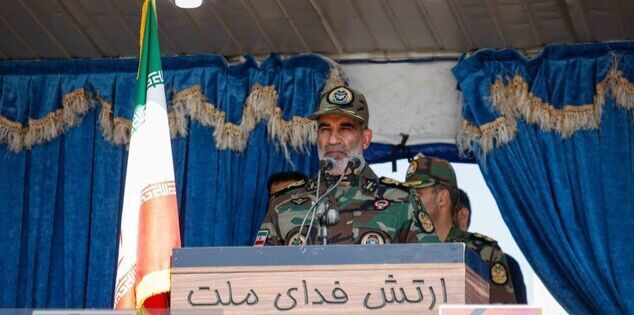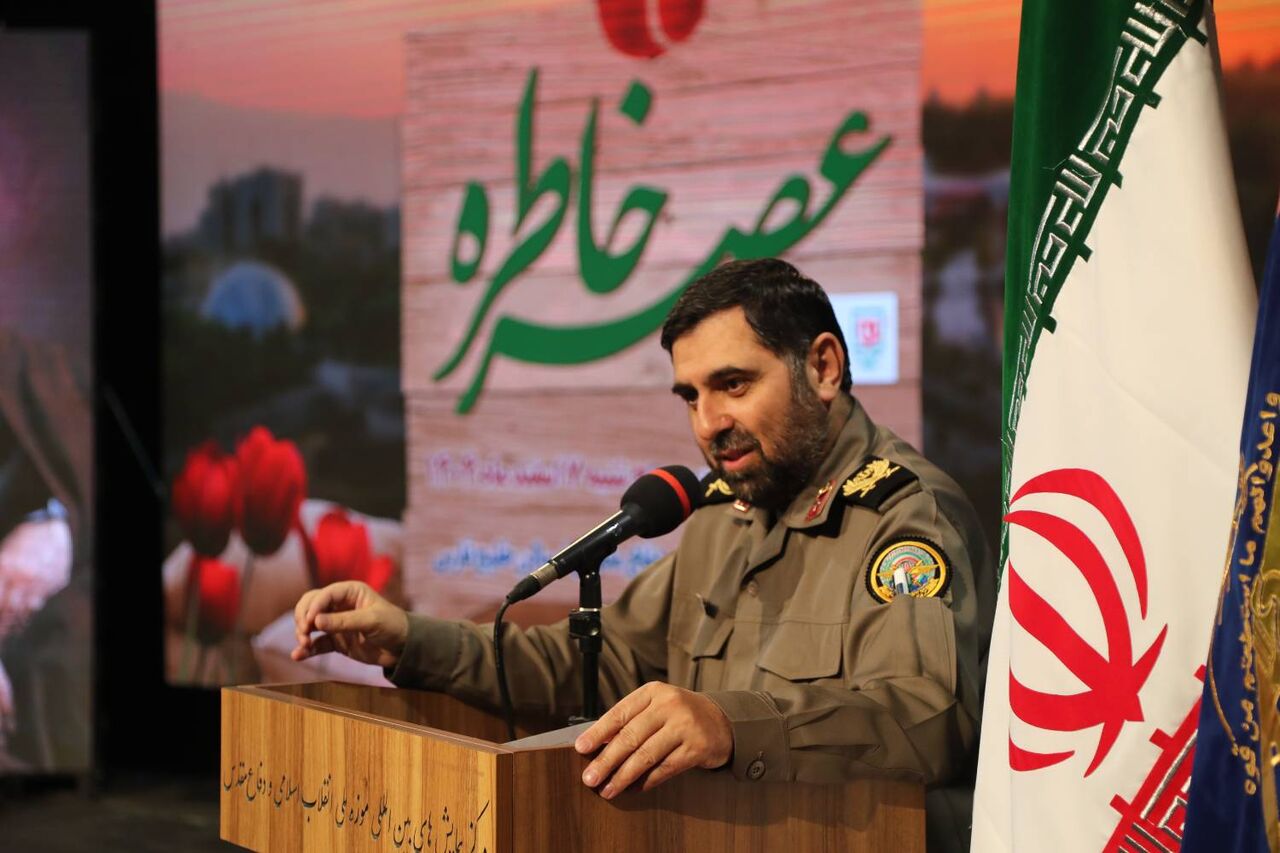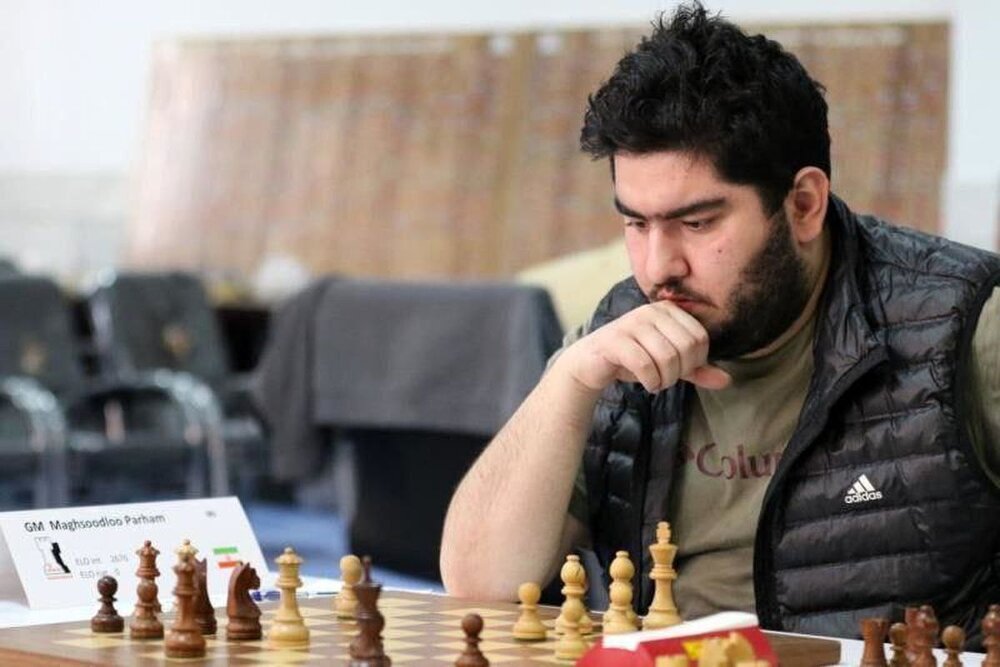My house was a homeland of memories and belonging. Israel destroyed it
My house was a homeland of memories and belonging. Israel destroyed it

In the late 1980s, my father and his two brothers laid the foundation stone for our family home in Gaza’s northern al-Rimal neighbourhood.
By the mid-2000s, the house had 13 apartment units and six floors. The new generation of my brothers and cousins began to marry, and by 2015, I was the last to wed and move in; by then, the building housed 15 families.
Within those walls, I was born and raised. All my memories - successes and failures, joys and sorrows - are rooted in this place, which also witnessed the unfolding of key moments in the Palestinian struggle, from the First Intifada to the ongoing genocide.
Our first displacement came on 13 October 2023. But after just a few days, unable to bear being away from home, some of my family and I decided to return before Israeli forces closed the access road and set up the Netzarim corridor, splitting Gaza’s north from south.
After we returned home on 18 October, our ordeal began in earnest. Electricity, internet and communications were cut off. Drinking water became scarce, and we faced a daily scramble for survival.
In December 2023, our home was shelled for the first time. The Israeli army had encircled our neighbourhood, and an artillery shell struck my apartment. During nearly two months of a tight siege, our home was hit a dozen times by artillery and drone fire. Once, it was set ablaze while we were still inside.
Each day was unspeakable.
Neighbourhood vanished
Despite the danger surrounding us, we remained steadfast and patient until the January 2025 truce, when our relatives returned home. We rebuilt what we could, sharing food, water and mattresses with more than 20 other families.
We managed to restore water, electricity and internet at an extremely high cost - but we had no alternative. We had to cling to this home that still sheltered us, as most of Gaza’s buildings had been destroyed.
Follow Middle East Eye's live coverage of the Israel-Palestine war
As my wife, our two children and I lived through the hardest days of our lives, what kept us patient and gave us the strength to endure was the presence of this home - a place to which we could still return and find a measure of safety and dignity.
Then came the second evacuation order for northern Gaza. In September, Israeli forces targeted the roof of our building with bombs dropped by quadcopters, causing massive damage to our home, especially to the area where I slept.
We fled south. I left everything behind: all my memories, and all the years of effort I had poured into furnishing our apartment with the latest decor, electrical appliances and furniture. I left it all for the sake of survival, holding on to the hope of returning soon.
Today, with a ceasefire finally taking hold - a full two years after the start of this brutal genocide, during which Israel dropped tens of thousands of tonnes of explosives on Gaza, the equivalent of six Hiroshimas - we returned to see what was left of our home.
We found nothing but a heap of stones. It was unrecognisable. The entire neighbourhood was gone, as if a massive earthquake had struck. All of the homes, walls and streets had vanished.
Our family apartment of 145 square metres held so many beautiful memories: our marriage, the births of our two beautiful children, games, holidays and family meals. But after 7 October 2023, everything changed. It became a place of fear, anxiety, psychological pressure, tense silences and hunger.
My bond with our home runs deep. I belong nowhere else. It was my solace, my warm and gentle refuge that never complained of my weight or my worries. Even as I searched for somewhere else to stay temporarily, I clung to the hope of returning.
Today, that is no longer possible. Our home has been levelled; my hopes and dreams vanished with it. I am lost once again, but this time for good. I no longer know where to go, what to do, or how life can go on.
For this home, one among tens of thousands that Israel has destroyed, was not just stone and memories. It was a homeland within a homeland.
The views expressed in this article belong to the author and do not necessarily reflect the editorial policy of Middle East Eye.












